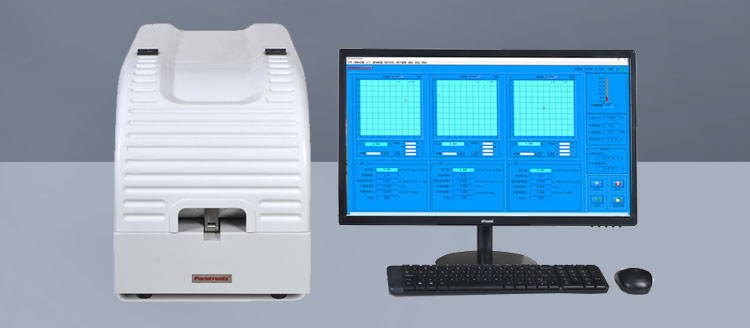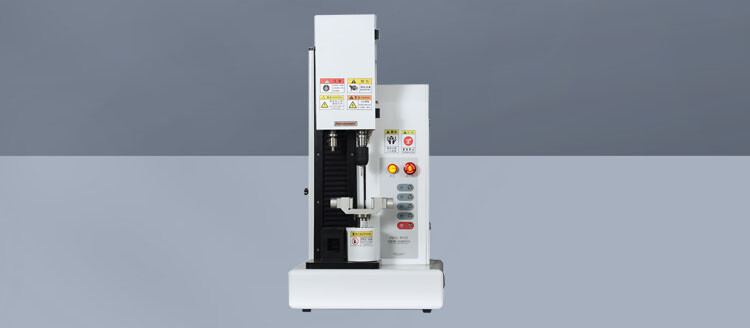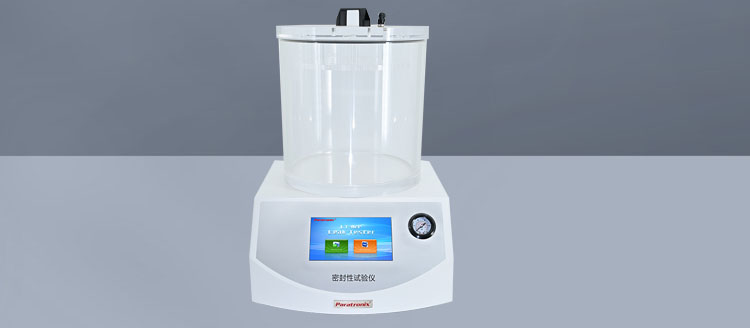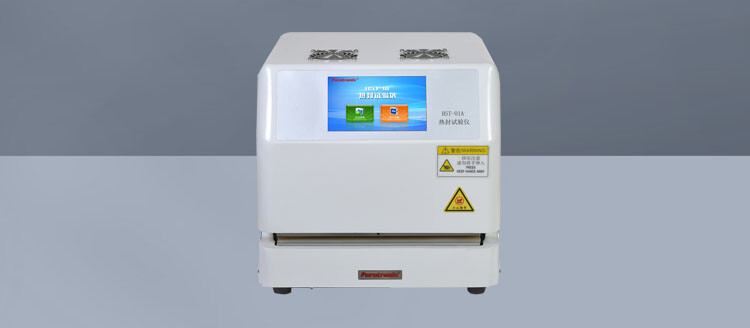Recent Posts
![Oxygen barrier performance test of medical plastic ampoule bottles Oxygen barrier performance test of medical plastic ampoule bottles]() Oxygen barrier performance test of medical plastic ampoule bottles2026-02-09
Oxygen barrier performance test of medical plastic ampoule bottles2026-02-09![ASTM F543-17 Standard Specification and Test Methods for Metallic Medical Bone Screws ASTM F543-17 Standard Specification and Test Methods for Metallic Medical Bone Screws]() ASTM F543-17 Standard Specification and Test Methods for Metallic Medical Bone Screws2026-01-22
ASTM F543-17 Standard Specification and Test Methods for Metallic Medical Bone Screws2026-01-22![Test method for peel strength of medical infusion patches Test method for peel strength of medical infusion patches]() Test method for peel strength of medical infusion patches2026-01-20
Test method for peel strength of medical infusion patches2026-01-20![Sealing testing scheme for eye drops Sealing testing scheme for eye drops]() Sealing testing scheme for eye drops2026-01-14
Sealing testing scheme for eye drops2026-01-14![ASTM F2029-08: Standard Practices for Making Heatseals for Determination of Heatsealability of Flexible Webs as Measured by Seal Strength ASTM F2029-08: Standard Practices for Making Heatseals for Determination of Heatsealability of Flexible Webs as Measured by Seal Strength]() ASTM F2029-08: Standard Practices for Making Heatseals for Determination of Heatsealability of Flexible Webs as Measured by Seal Strength2026-01-06
ASTM F2029-08: Standard Practices for Making Heatseals for Determination of Heatsealability of Flexible Webs as Measured by Seal Strength2026-01-06
Introduction
ASTM F2338-24 is a critical standard developed by ASTM International, providing guidelines for the nondestructive
detection of leaks in packaged products. This test method is widely used in industries such as food and beverage,
pharmaceuticals, and medical devices to ensure package integrity, which is essential for product safety, shelf life,
and regulatory compliance.
Testing instruments: MLT- V100 Micro-Leakage Non-Destructive Seal Tester
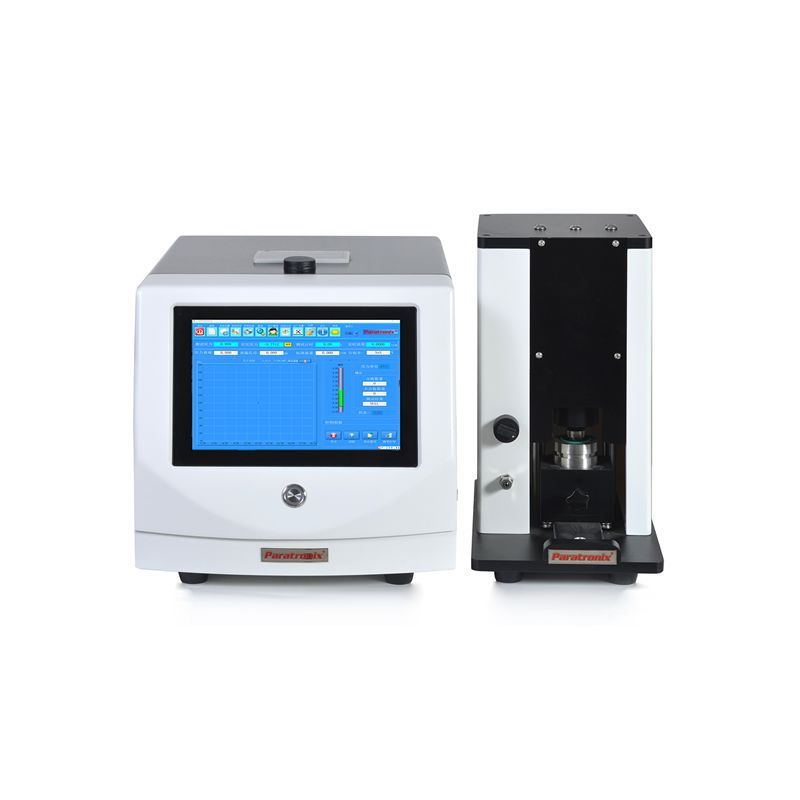
Scope and Application
ASTM F2338-24 applies to flexible and semi-rigid packaging, including trays, pouches, and bottles. The standard
outlines procedures for detecting leaks using various nondestructive techniques, such as:
Vacuum Decay Method – Measures pressure changes due to gas leakage.
Pressure Decay Method – Detects leaks by monitoring pressure loss.
Tracer Gas Methods (e.g., Helium or CO₂ Detection) – Uses gas sensors to identify leaks.
This standard is particularly valuable in quality control processes, helping manufacturers identify defective packaging
before products reach consumers.
Key Benefits of ASTM F2338-24
Ensures Product Safety – Prevents contamination and spoilage by detecting leaks that could compromise sterility.
Improves Shelf Life – Identifies packaging defects that may lead to oxidation or moisture ingress.
Regulatory Compliance – Meets FDA, ISO, and other regulatory requirements for packaging integrity.
Cost-Effective Quality Control – Reduces waste by catching defects early in production.
Conclusion
ASTM F2338-24 plays a vital role in maintaining packaging integrity across multiple industries. By implementing this
standard, manufacturers can enhance product quality, minimize recalls, and ensure consumer safety. As packaging
technologies evolve, ASTM F2338-24 continues to provide a reliable framework for leak detection in an efficient and
nondestructive manner.
Leave A Reply
Search by Keywords

